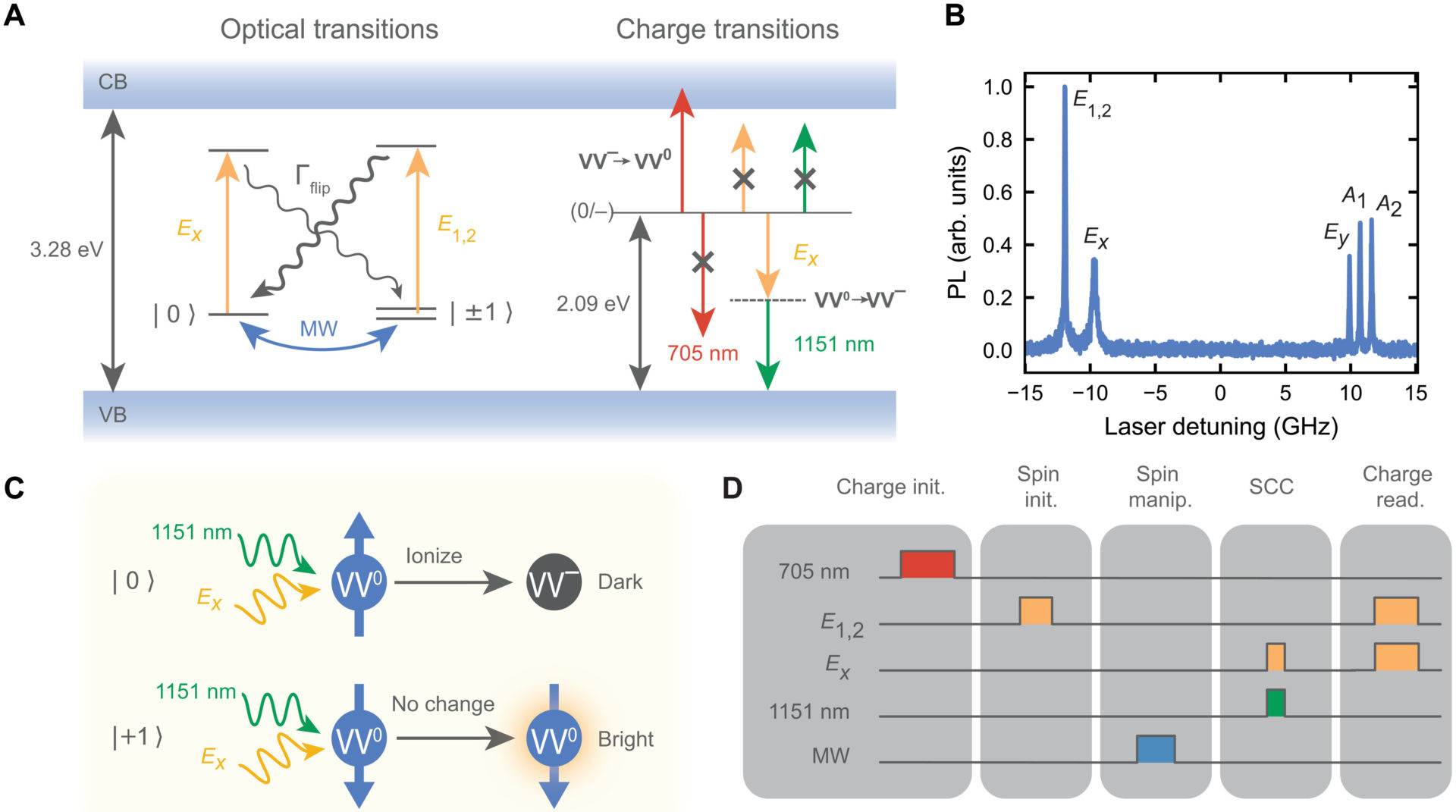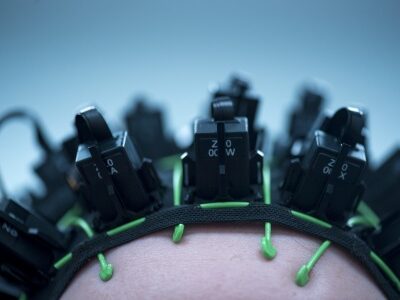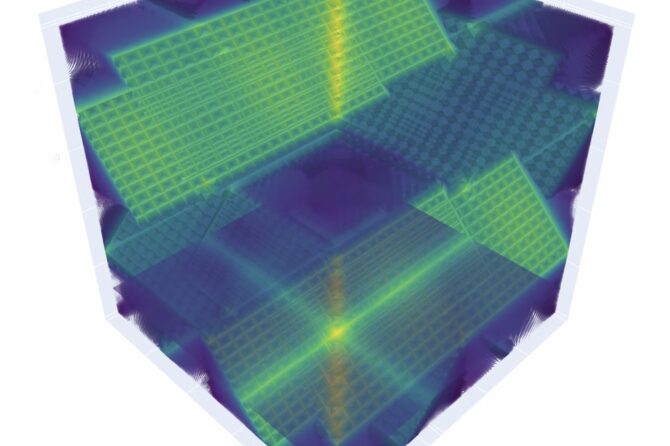A team of researchers at the Argonne National Laboratory and the University of Chicago has maintained a qubit coherence time for a record five seconds. The qubits are made from silicon carbide (SiC), widely found in lightbulbs, electric vehicles and high voltage electronics.
They were able to read out their qubit on demand and then keep the quantum state intact for over five seconds which is a new record for this class of devices. Additionally, the researchers’ qubits are made from an easy-to-use material called silicon carbide, which is widely found in lightbulbs, electric vehicles and high-voltage electronics.
They achieved over 80% readout fidelity without pre- or post- selection, resulting in a high signal-to-noise ratio that enables them to measure long spin coherence times. Combined with pulsed dynamical decoupling sequences in an isotopically purified host material, they have reported single-spin T2 > 5 seconds, over two orders of magnitude greater than previously reported in this system. The mapping of these coherent spin states onto single charges unlocks both single-shot readout for scalable quantum nodes and opportunities for electrical readout via integration with semiconductor devices.
The researchers grew highly purified samples of silicon carbide that reduced the background noise that tends to interfere with their qubit functioning. Then, by applying a series of microwave pulses to the qubit, they extended the amount of time that their qubits preserved their quantum information, a concept referred to as “coherence.”
Extending coherence time has significant ramifications, such as how complex an operation a future quantum computer can handle or how small a signal a quantum sensor can detect.
The findings were published in the journal Science Advances.




